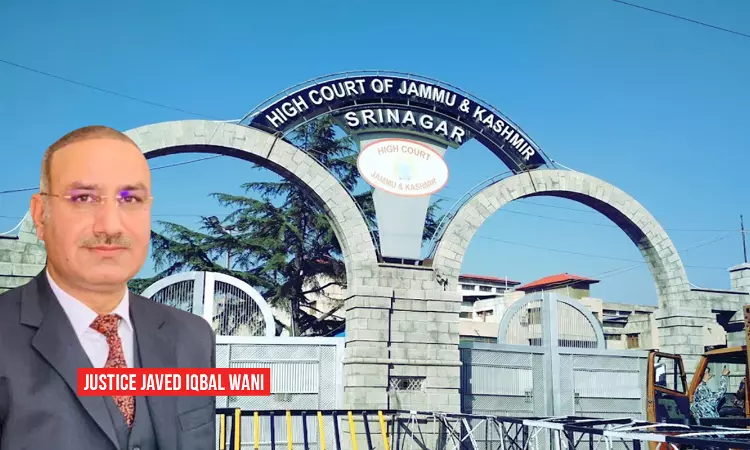The Jammu and Kashmir and Ladakh High Court has reiterated the legal principle that a promise to marry made with no intention of fulfillment, which induces consent for sexual intercourse, amounts to consent obtained under a misconception of fact. Such consent, the Court emphasised, cannot be excused under Section 90 of the Indian Penal Code (IPC) and can lead to a conviction for rape...

